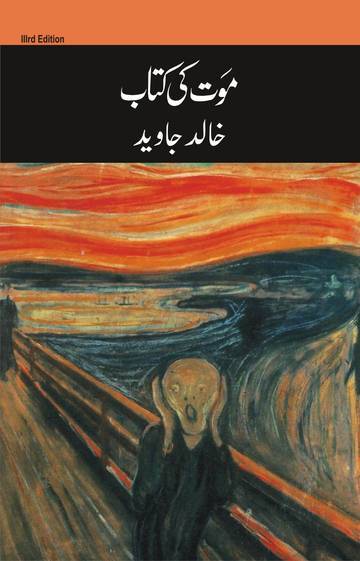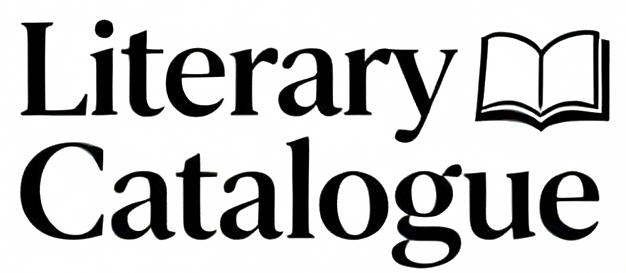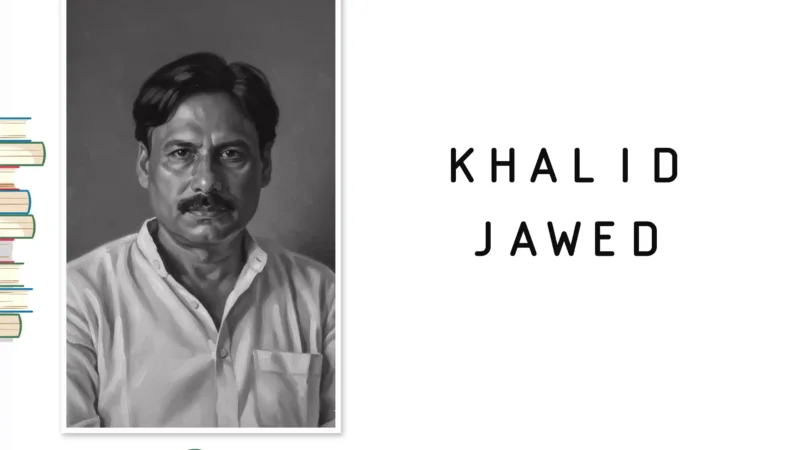Khalid Jawed is a celebrated Indian novelist and fiction writer, known for his unique writing style and narrative. Born on 9th March 1960, Jawed has established himself as a leading figure in contemporary Indian literature. He has authored several books that have received critical acclaim and won numerous awards. He is also considered an expert on popular literature.
His works are characterized by their ability to capture the complexities of human emotions and relationships, with a touch of humor and satire. Some of his most famous works include Aakhri Dawat, Nematkhana, and Maut ki Kitab, which have received critical acclaim for their unique style and narrative. His books have been equally popular in India and Pakistan, reflecting his ability to connect with readers across borders.
Apart from being a prolific fiction writer, Jawed is also a respected academician. He is currently serving as a professor at Jamia Millia Islamia, New Delhi. He has also written several books on popular literature, including Gabriel Garcia Marquez: Fan Aur Shakhsiyat, Milan Kundera, and Khalid Jawed: Shakhsiyat Aur Fan. These books reflect his deep understanding of popular literature and his ability to analyze and interpret complex literary works.
Khalid Jawed has also translated some of his works into other languages, including Hindi and English. Some of his translated works include Maut Ki Kitab (Hindi) and The Paradise of Food (English), both of which have been well-received by readers and critics.
His contribution to Indian literature has not gone unnoticed. He has received several awards for his work, including the Katha Award by Katha in 1997, the UP Urdu Academy Award in 2014, and the Delhi Urdu Academy Award for Creative Prose in 2017. In 2020, he was also awarded the UP Urdu Academy Fiction Award. His most recent accolade is the JCB Prize for Literature in 2022, which recognizes outstanding works of fiction by Indian authors.
Khalid Jawed is a prolific and versatile writer who has contributed significantly to Indian literature. His unique writing style and narrative have captured the hearts of readers in India and beyond. His ability to analyze and interpret popular literature has also made him a respected academician. Jawed’s work has been recognized and awarded by various literary institutions, cementing his place as a leading figure in contemporary Indian literature.

BOOKS

Nematkhana
Khalid Jawed’s novel, Nematkhana, is a gripping and insightful memoir of the protagonist Zaheeruddin Babar, also known as Guddu Mian, exploring the complexities of human nature and the hidden meanings behind events. Through Mian’s journey from childhood to old age, Jawed takes the reader on a journey into the past where memory is engaged with the details of day-to-day life along with a journey into the inside, the self.
The story begins with Mian’s spirit visiting his ancestral home after his death, and the narrative is a collection of flashbacks from his childhood to old age. Mian’s life is full of unfortunate events, including the deaths of his parents when he is a small child. As a young boy, he develops an interest in two women of the extended family, both much older than him, both of whom get married to other men, leaving him unhappy. Mian murders the husband of one of these women, since he was abusive, and also kills the man who had a pre-marital relationship with the other. He is an unsuccessful lawyer who has married a woman who was gang-raped in his presence in a college canteen. He is bitter about his wife and his two sons who tend to espouse extremist religious ideology. He finally dies of a heart attack after a quarrel with his sons.
Jawed is a fine craftsman when it comes to depicting the setting and atmosphere. He creates paintings and makes films with words, making the readers feel the emotions and sensations of the characters. Food, illness, and death define the lives of the characters we meet, and the traditional Indian kitchen (bawarchi khana), where food is cooked and served, is the most dangerous place in the world. From this comes the name of the novel Naimat Khana or the traditional cabinet for storing cooked food. The protagonist says: “The man lives in his intestines”. Jawed skilfully brings up this reality that our appetite — and sometimes our passion — for food and illnesses does consume a large part of our lives and he creates an interesting fiction based on this.
Jawed invents similes, metaphors, and symbols to impart meaning to what he observes and experiences, and builds an atmosphere, mostly sad and eerie, to describe his inner feelings. He seems to be influenced by the religious concept of the original sin of Adam in which he tastes the fruit that was forbidden by God and from there on begins his punishment. He seems to be arguing that sin and punishment are an inalienable part of human existence.
One of the most interesting parts of the novel is about the recreation of the past and catching up with one’s history. One characteristic of Jawed’s style is that he keeps dropping hints about his objectives and illustrating his writing technique between the storyline. In addition to the portrayal of inner feelings, almost one-tenth of the 440-page novel comprises philosophical notes and a few lengthy social commentaries. A tiny part of them are integral to the storyline but most can easily be edited out without affecting the structure and flow of the novel.
Nematkhana is a powerful and insightful novel that explores the complexities of human nature, the connection with history, and the inalienable part of sin and punishment in human existence. Jawed’s narrative, combined with his artistic devices and skillful use of language, makes the novel a compelling read for anyone interested in exploring the intricacies of human nature and the complexity of our existence.
Maut ki Kitab
The novel is a gripping portrayal of the struggles and traumas of its main character, who has been subjected to various forms of abuse throughout his life. The author skillfully weaves a complex narrative that delves into the character’s psychological state, creating a visceral and emotional reading experience.
The novel has received praise from various literary figures and magazines, and for good reason. The author’s writing style is unique and modern, and the novel is unafraid to explore dark and difficult subject matter. The character’s struggles are portrayed with empathy and depth, making them feel real and relatable to the reader.
While the novel is not without flaws, particularly in its handling of certain themes, it is a powerful and important work of psychological fiction. It is not a light read, and readers should be prepared for the heavy subject matter it contains. However, for those willing to engage with its challenging narrative, the novel is a rewarding and thought-provoking experience.
Overall, I would recommend this novel to readers who enjoy psychological fiction and are willing to confront difficult subject matter. It is a unique and important work that deserves to be read and appreciated by a wide audience.

Last modified: October 13, 2025

